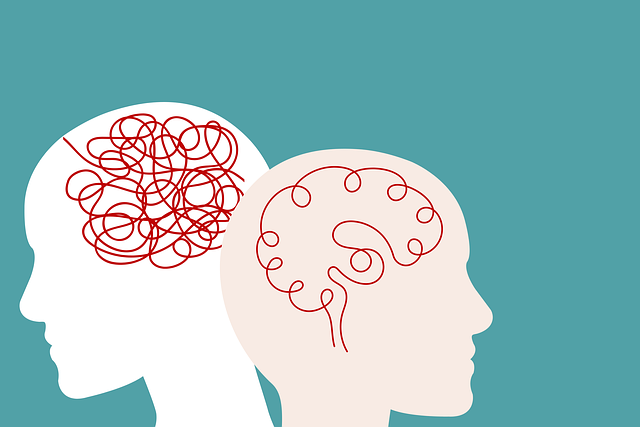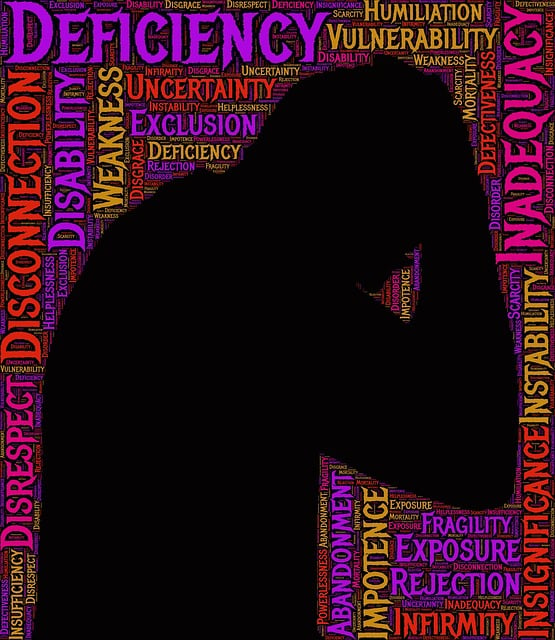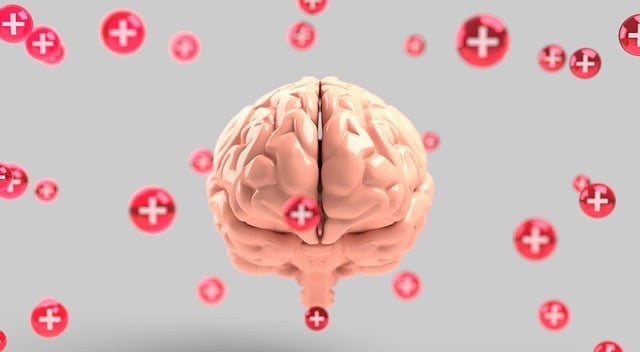Evaluating therapy programs for adults with Functional Neurological Disorders (FND) requires a blend of quantitative and qualitative methods, including standardized assessment scales, pre-post testing, and feedback from participants and healthcare providers. Key strategies involve tracking symptom improvements over time, using mental health policy analysis to ensure access to specialized care, incorporating resilience-building techniques, and regularly assessing risk for mental health professionals. This multifaceted approach optimizes therapy effectiveness, contributes to broader mental health service improvements, and meets the unique needs of FND sufferers.
Mental wellness programs are gaining prominence, yet effective evaluation methods remain essential for gauging their impact. This article explores key strategies to assess and improve therapeutic interventions, with a specific focus on adults suffering from Functional Neurological Disorders (FND). We delve into assessing program effectiveness using diverse metrics, examining the role of FND in adult therapy, and providing strategies for continuous improvement. By understanding these evaluation methods, therapists can enhance treatment outcomes and optimize support for their clients.
- Assessing Mental Wellness Programs: Tools and Metrics
- The Role of Functional Neurological Disorder in Adult Therapy
- Evaluation Methods: Measuring Program Impact and Effectiveness
- Enhancing Treatment Outcomes: Continuous Improvement Strategies
Assessing Mental Wellness Programs: Tools and Metrics

Evaluating mental wellness programs is an essential step in understanding their effectiveness and impact on participants’ lives. When assessing therapy for adults with functional neurological disorders (FND), a comprehensive approach that incorporates various tools and metrics is ideal. One key metric involves tracking improvements in symptoms related to FND, such as pain, sensory disturbances, or motor issues, using standardized assessment scales tailored for neurology-related conditions. These scales allow professionals to quantify changes over time, providing valuable insights into the program’s success.
Furthermore, qualitative feedback from participants and healthcare providers can offer a deeper understanding of the program’s strengths and areas for improvement. This includes exploring stress reduction methods, empathy-building strategies, and communication techniques employed within the therapy setting. By combining quantitative data with qualitative perspectives, mental wellness programs can be meticulously evaluated, ensuring they meet the unique needs of individuals dealing with FND and other related challenges.
The Role of Functional Neurological Disorder in Adult Therapy

Functional neurological disorders (FNDs) play a significant role in adult therapy, offering unique challenges and opportunities for treatment. These disorders, characterized by physical symptoms like weakness, sensory disturbances, or movement issues, have a profound impact on an individual’s daily functioning and mental wellness. Therapy for adults with FNDs often involves a comprehensive approach that combines various techniques to address both the neurological and psychological aspects of the condition.
One essential aspect is developing resilience and self-care practices tailored to manage symptoms. Therapists guide patients through strategies to cope with stress, improve emotional regulation, and enhance overall well-being. Moreover, mental health policy analysis and advocacy can contribute to creating supportive environments, ensuring access to specialized care, and raising awareness about FNDs within the broader community.
Evaluation Methods: Measuring Program Impact and Effectiveness

Evaluating the impact and effectiveness of mental wellness programs is paramount to understanding their utility in improving mental health outcomes. Several methods can be employed to assess the success of such initiatives, particularly when focusing on specific conditions like Functional Neurological Disorder (FND). One common approach involves pre-post testing, where individuals participating in the program are assessed before and after treatment. This method quantifies changes in symptoms, functional abilities, and overall mental wellness through structured interviews, surveys, or standardized assessment tools.
Moreover, long-term follow-up assessments can capture the longevity of program effects, identifying if improvements sustained over time. Mental Health Policy Analysis and Advocacy plays a crucial role here by advocating for evidence-based practices and ensuring that effective programs are implemented on a larger scale, thereby benefiting more individuals struggling with FND or other mental health challenges. Stress Reduction Methods incorporated into these programs can also be evaluated for their contribution to overall mental wellness, offering insights into the program’s holistic impact.
Enhancing Treatment Outcomes: Continuous Improvement Strategies

Evaluating mental wellness programs is an iterative process aimed at enhancing treatment outcomes and fostering continuous improvement in care delivery. By implementing robust evaluation methods, therapists can tailor interventions to meet the unique needs of individuals struggling with functional neurological disorders (FND). This approach not only optimizes the effectiveness of therapy for adults with FND but also contributes to the broader goal of improving mental health services.
One key strategy involves regular risk assessment for mental health professionals, ensuring they are equipped to handle complex cases effectively. Additionally, incorporating resilience-building and mood management techniques into treatment plans can significantly improve patient outcomes. Such methods promote adaptability in therapy, enabling practitioners to address emerging challenges and tailor interventions over time, ultimately enriching the overall therapeutic experience.
Evaluating mental wellness programs is paramount to ensuring their effectiveness, especially in treating complex conditions like functional neurological disorder (FND) in adults. By employing robust assessment tools and metrics, therapists can measure program impact and identify areas for improvement. Integrating continuous improvement strategies not only enhances treatment outcomes but also fosters a dynamic therapeutic environment tailored to the unique needs of FND patients. This comprehensive approach ensures that therapy remains relevant and impactful in today’s mental health landscape.














